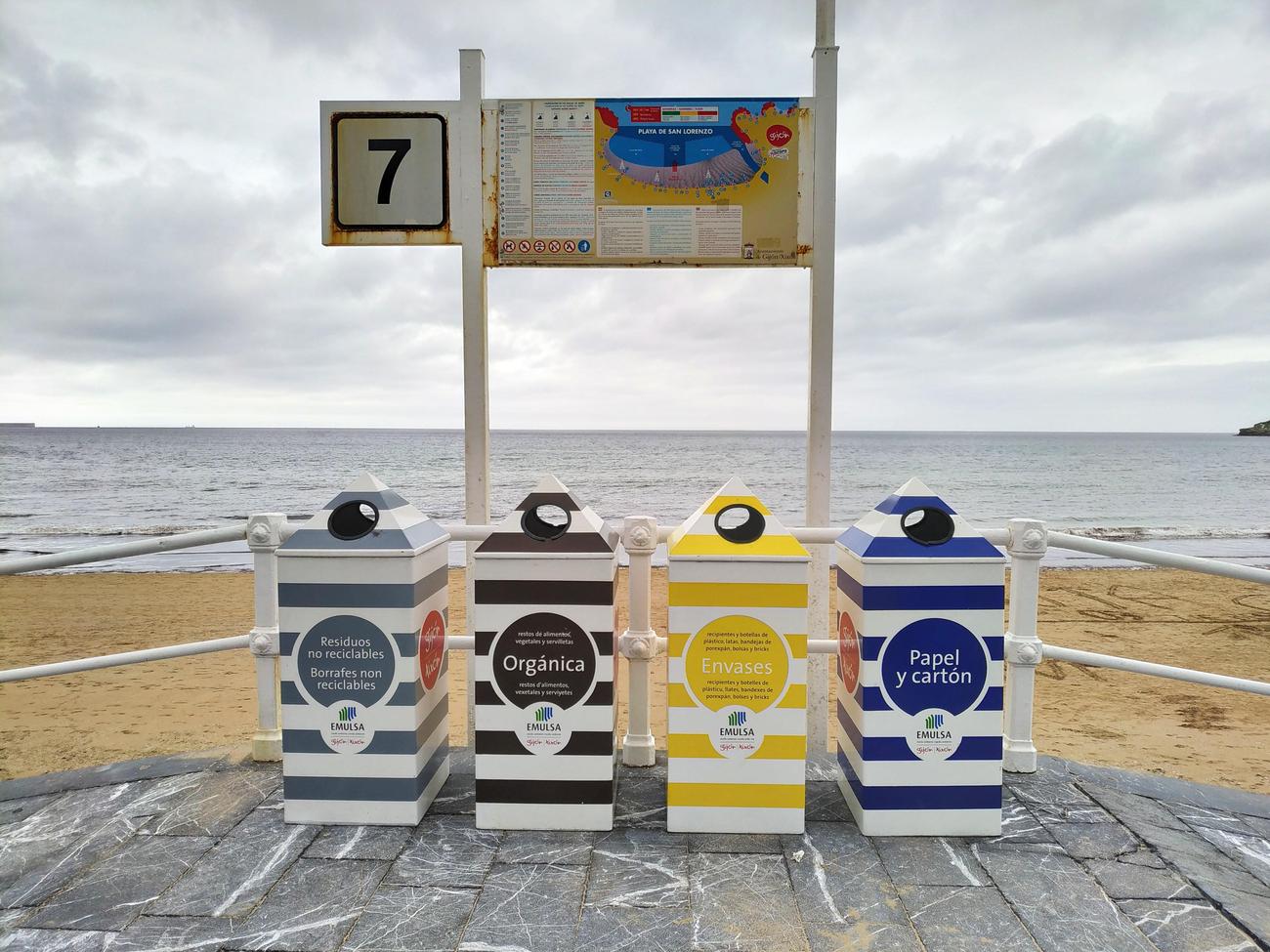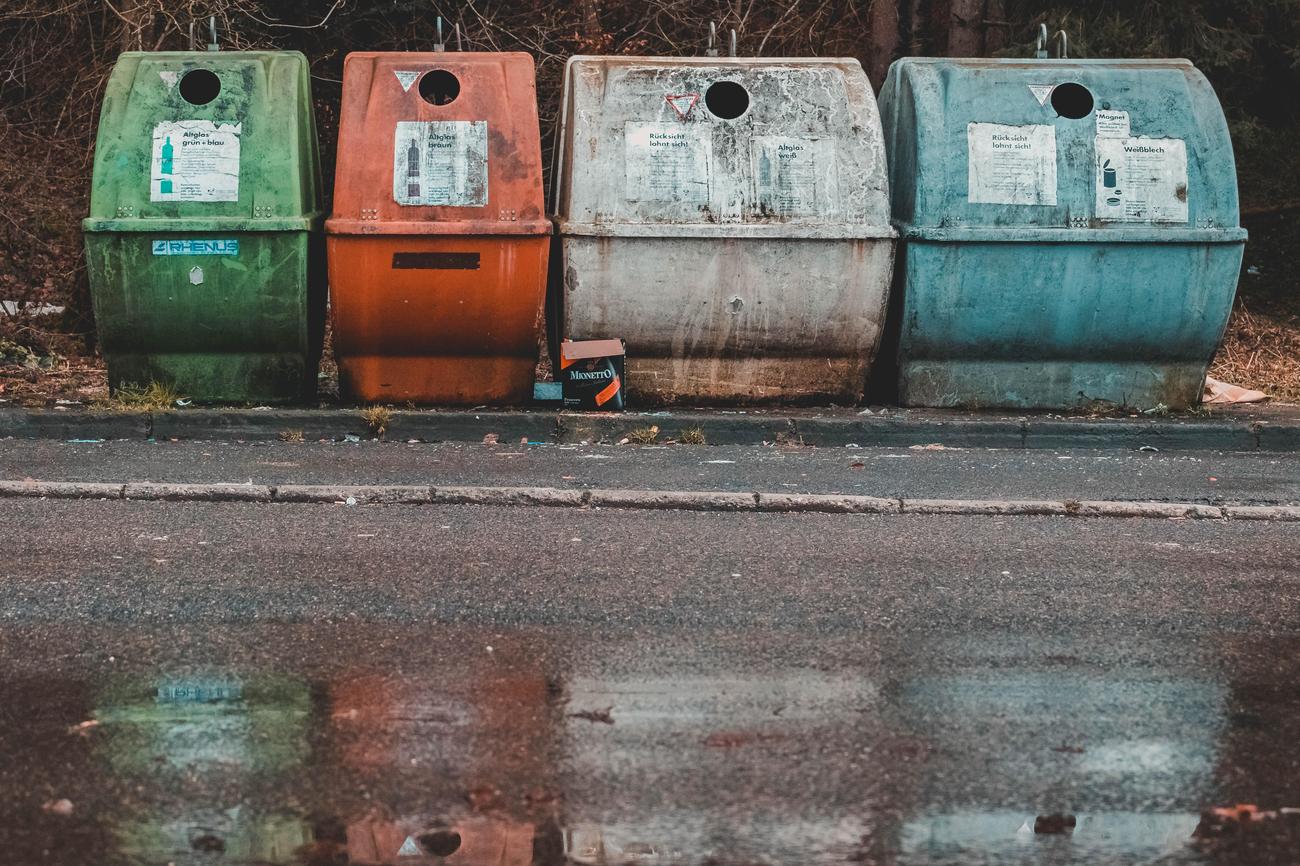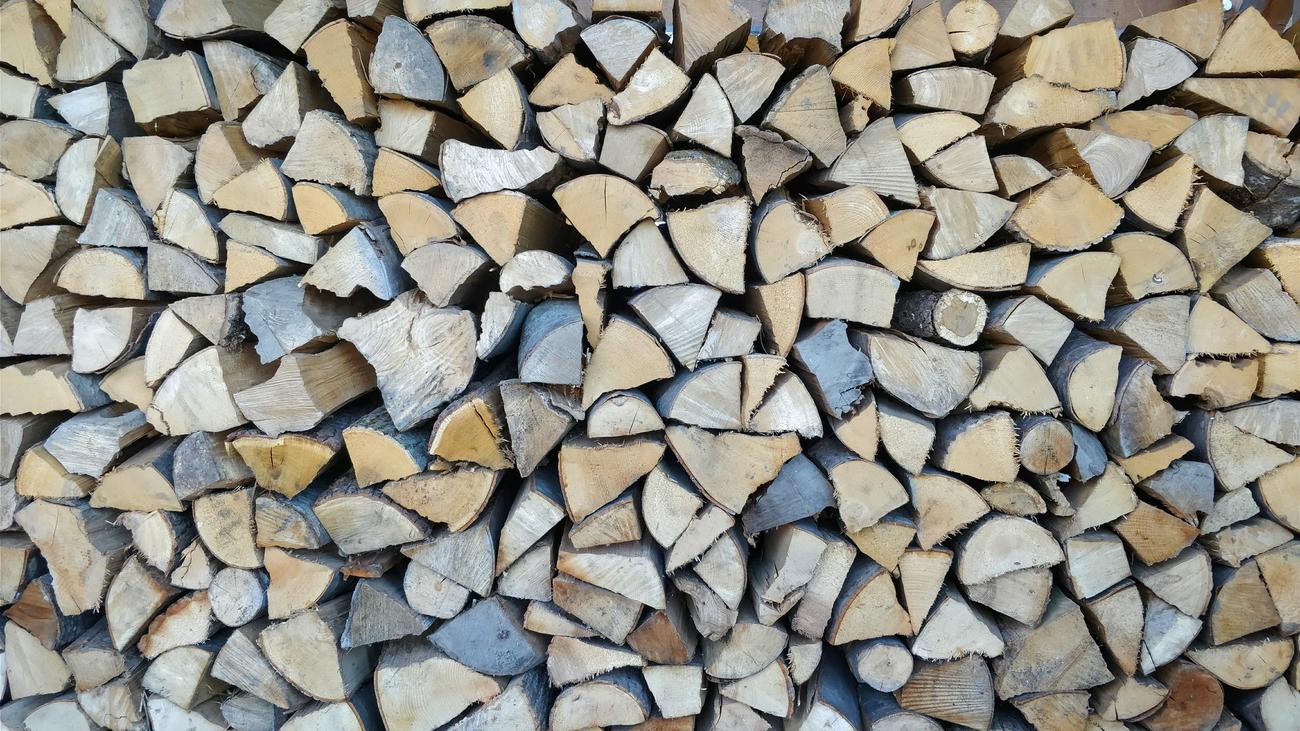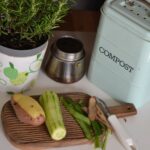Understanding Compost: Exploring the Similarities and Differences with Soil

Is compost just soil? This is a common question that often arises when discussing the fascinating world of organic matter decomposition and soil enrichment. As an experienced environmental science researcher specializing in soil ecology and composting techniques, I am here to shed light on this intriguing topic. With a deep understanding of the complex relationship between compost and soil, I will explore the similarities and differences between these two essential elements of our natural environment. Join me on this journey as we demystify the world of compost, diving into its unique characteristics and its impact on soil health. By the end of this article, you’ll gain a comprehensive understanding of the role compost plays in nurturing our planet’s most vital resource: soil.
Is Compost Just Soil?
When it comes to gardening and soil health, compost and soil are two complementary elements that work together to create a thriving environment for plants. But are they the same thing? In short, compost is not just soil. While they may share some similarities, there are crucial differences between the two. In this article, we will dive deep into the world of compost and soil to understand their unique characteristics and how they interact.
To start, let’s clarify the fundamental distinction between compost and soil. Soil is the natural product of weathered rock, organic matter, air, water, and countless microorganisms. It provides the essential foundation for plants to grow by offering a favorable environment for root development, water retention, and nutrient availability. Compost, on the other hand, is a nutrient-rich organic material that results from the controlled decomposition of plant and kitchen waste.
So, is compost just soil? No, it isn’t. Compost becomes part of the soil organic matter when added to the soil. It functions as an effective soil amendment, enriching the existing soil with organic nutrients, improving its structure, and enhancing its overall health. Picture it as a powerful soil conditioner that acts as a nutrient booster.
Although compost and soil differ in their origins and functions, they do share some similarities. Both compost and soil play vital roles in sustaining plant life. Compost, with its impressive nutrient content, acts as a valuable source of food for plants. It provides them with the necessary elements for growth, such as nitrogen, phosphorus, and potassium. Soil, on the other hand, supports plants by anchoring them, supplying water and nutrients, and serving as a reservoir for beneficial microorganisms.
Now that we’ve discussed the basic distinctions, let’s explore the benefits and uses of compost and how it contributes to soil health. Adding compost to the soil brings a range of benefits. One of its significant advantages is improving soil organic matter and increasing carbon storage. Organic matter is the key to a fertile and healthy soil ecosystem, as it improves soil structure, moisture-holding capacity, and nutrient availability. By incorporating compost into the soil, you are essentially enhancing its long-term fertility and contributing to a sustainable and resilient garden.
When it comes to vegetable gardening, compost plays a crucial role. It should be mixed with soil to create a nutrient-rich growing medium for your plants. By combining compost with soil, you ensure that your vegetables receive the right balance of nutrients for optimal growth. This mixture provides ample organic matter to support root development and nutrient absorption, ultimately leading to healthy, productive plants.
It’s essential to note that while compost and soil may look similar, they are not interchangeable. Soil contains a combination of sand, silt, and clay, which provides the physical structure necessary for proper water drainage and air circulation. Compost, on the other hand, lacks this foundational texture and cannot become soil on its own. Instead, it works in harmony with the soil, enhancing its quality and fertility.
So, why is compost such a valuable addition to your garden? Using compost as a nutrient booster for the soil can significantly enhance its health and promote proper plant growth. It acts as a slow-release fertilizer, gradually feeding your plants while minimizing the risk of nutrient imbalance or runoff. Additionally, compost helps retain moisture in the soil, reducing water needs and ensuring your plants have access to a steady supply of hydration.
When it comes to using compost, it’s important to give it time to create a positive effect on the soil. The nutrients in compost become available to plants gradually as the decaying materials break down and release their goodness. Remember, compost and topsoil are not interchangeable. While compost improves topsoil, it is not soil itself. To get the best results, incorporate compost into your soil during the preparation phase before planting.
In summary, compost and soil are two distinct entities that work together to support healthy plant growth. Compost, with its nutrient-rich composition, serves as a valuable soil amendment, enhancing the physical, chemical, and biological properties of the soil. While compost cannot become soil on its own, its addition brings numerous benefits that contribute to long-term soil health and sustainability.
As gardeners and environmental enthusiasts, let’s embrace the power of compost to enrich our soils, reduce waste, and promote a greener world. By understanding the unique characteristics of compost and soil and utilizing them effectively, we can create thriving gardens and contribute to a healthier planet.
Key Takeaway: Compost is not just soil. While compost becomes part of the soil organic matter when added, it functions as a powerful soil amendment rather than soil itself. Compost enriches the soil with nutrients, improves its structure, and enhances its overall health. By incorporating compost into the soil, you enhance its fertility and contribute to a sustainable garden. Remember, compost and soil may look similar, but they have different origins and functions. Embrace the power of compost as a valuable ally in your gardening endeavors.
Composting is not only an eco-friendly way to dispose of organic waste, but it also has some fascinating benefits. Did you know that composting reduces the production of greenhouse gases and helps to enrich soil fertility? For more fun facts about composting, click here: fun facts about compost. You’ll be amazed at how this simple act of recycling can make a significant impact on the environment. So, go ahead and click the link to uncover the exciting world of composting!
Can You Achieve Successful Growth Using Compost Alone?
[youtube v=”G4yl5gio13I”]
Introduction
While the idea of growing plants using only compost may seem intriguing, many gardening enthusiasts question its feasibility and effectiveness. In a fascinating soil experiment conducted by Jordan from Mind and Soil, he compared the growth and performance of crops in two different environments: one utilizing 100% compost and the other using a soil blend. The results of this experiment shed light on the possibilities and limitations of using compost as the sole medium for plant growth.
The Experiment
Jordan’s experiment aimed to address common queries regarding soil management techniques, soil amendments, and initial soil setup. He created a trial bed in his front yard, dividing it into two sections using a wooden barrier. On one side, he filled the bed with pure compost, following the no-dig, no-till method. On the other side, he used a more traditional soil blend consisting of three parts compost, one part peat moss, and one part perlite to promote better drainage and overall texture.
To maintain consistency, both sections received the same amount of sunlight, water, and care. No additional nutrients or fertilizers were added to either side. Jordan then grew the same crops on both sides, including onions, sunflowers, tomatoes, and potatoes.
The Harvest Results
The harvest revealed some unexpected findings. Sunflowers grown in 100% compost were significantly larger and healthier compared to those grown in the soil blend. However, when it came to onions, the ones in the soil blend outperformed the ones in pure compost in terms of size and growth.
Moving on to the tomatoes, the plants grown in pure compost displayed remarkable results. They produced a higher yield and larger fruits compared to the ones in the soil blend. Finally, the potatoes delivered astounding results in both sections, with each plant yielding over three kilograms of potatoes.
Key Takeaways
- Soil Versatility: This experiment highlights that there is no one-size-fits-all approach to gardening. Both using 100% compost and the soil blend demonstrated successful growth. Gardeners should feel empowered to explore different techniques and find what works best for their unique needs and preferences.
“Clearly, both options worked very well. There’s no right or wrong way to approach gardening. There are many ways to achieve success in the garden.”
- Compost’s Sustainability: Growing plants solely in compost is not only possible but also beneficial for the environment. Utilizing compost made from organic waste not only prevents landfill accumulation but also provides a rich source of nutrients for plant growth. It is a sustainable and eco-friendly option worth considering.
“If we wanted, we could absolutely grow using 100% compost. It’s great for the environment and produces incredible results.”
- The Joy of Experimentation: Conducting experiments in the garden adds excitement and a sense of discovery to the gardening journey. It allows gardeners to explore different soil combinations and techniques to optimize plant growth. Jordan’s next experiment will involve a new soil blend, using three parts compost and one part vermiculite.
“Gardening is all about experimentation and having fun. If you have any experiment ideas, feel free to share them with us. Let’s keep exploring and learning together!”
Conclusion
Jordan’s fascinating soil experiment has shown that it is possible to achieve successful growth using compost alone. However, the results also highlight the importance of finding the right balance and understanding the specific needs of different plants. Compost can be a valuable ally in the garden, supplying nutrients and enriching the soil’s health and fertility. Whether using 100% compost or a soil blend, the key is to experiment, observe, and adapt to create a thriving garden.
Reference
“Can You Grow in Only Compost?” YouTube video by Mind and Soil.

FAQ
Q: What is compost?
A: Compost is a mix of decaying nutrient-rich organic materials, such as plant and kitchen waste. It is created through a process called composting, in which microorganisms break down the organic matter into a dark, crumbly substance that can be used as a soil amendment.
Q: Is compost the same as soil?
A: No, compost and soil are not the same thing. While compost becomes part of the soil organic matter when added to the soil, it lacks the foundational sand, silt, or clay texture that soil has. Compost is rich in nutrients and used to help plants grow, while soil is responsible for supporting plant life.
Q: Can compost be used alone to grow plants?
A: No, compost cannot be used alone to grow plants. It needs to be mixed with soil to provide a balanced growing medium. Adding compost to the soil brings a range of benefits, including improving soil organic matter and carbon storage, but it should not be used as a standalone growing medium.
Q: Can compost be used as mulch?
A: Yes, compost can be used as mulch or mixed with soil to improve its quality. When used as mulch, it helps retain moisture, suppress weeds, and regulate soil temperature. Mixing compost with soil enriches it with nutrients and enhances its health, promoting proper growth.
Q: How long does it take for compost to have an effect in the soil?
A: Compost takes time to create an effect in the soil. The breakdown of the decaying materials in compost releases nutrients gradually, providing a slow but long-lasting source of nourishment for plants. The rate at which compost affects the soil depends on factors such as temperature, moisture, and microbial activity.
- China II Review: Delicious Food & Speedy Service - April 17, 2025
- Understand Virginia’s Flag: History & Debate - April 17, 2025
- Explore Long Island’s Map: Unique Regions & Insights - April 17, 2025
















